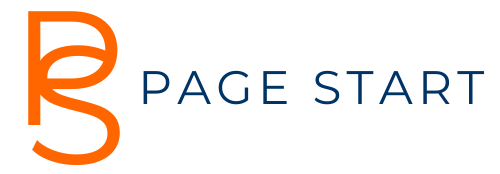Learning a new language can be difficult and overwhelming, but there are tools available to help make the process easier. In todays age of digital convenience, two options have become increasingly popular: traditional books and e-books. But which one is better for learning a new language?
This article will compare these two methods by looking at their advantages and disadvantages in order to determine which one is more effective for mastering a foreign tongue. Traditional books provide tangible pages that allow readers to experience the written words in an organic way while also providing room for creative notetaking; however, they can be heavy and cumbersome to carry around.
On the other hand, e-books offer convenience as they can usually be accessed on multiple devices with ease of storage capabilities; yet some users may find it harder to focus when reading off of screens compared to physical pages.
Weighing all aspects carefully will enable learners to decide which method works best for them according their individual needs and preferences.
Advantages and Disadvantages of Traditional Books

Traditional books have many advantages when it comes to learning a new language. They offer a physical presence that can be more tangible than an electronic book, allowing users to make notes and highlight important sections.
Additionally, traditional books can be revisited easily by flipping through the pages and going back to what was read before without having to navigate complex menus or search for terms in order to find specific parts of the text. However, there are also some disadvantages of using traditional books.
There is often limited space within physical pages which can mean that additional content such as audio clips, videos or interactive quizzes may not be available which could hinder learning opportunities.
Furthermore, they do not allow readers access to other material related to the subject at hand while they read so any questions cannot be answered easily during this time but require external research afterwards.
Advantages and Disadvantages of E-Books

The advantages and disadvantages of e-books must be considered when choosing between traditional books or e-books for learning a new language. E-books have several pros, such as providing access to a large selection of materials in any language and making it easier to take notes while studying.
They are also more affordable than physical books, portable, lightweight and can easily be stored on digital devices. However, there are some downsides to using e-books.
For example, they can sometimes lack the tactile experience of holding a book in your hands which may make them less enjoyable or engaging for some people. Additionally, readers may find themselves distracted by notifications from other apps on their device that could interrupt the flow of reading or understanding material being studied.
Recommendations for Learning a New Language with Books

When it comes to learning a new language, books can be an invaluable resource. Whether you are studying with traditional paper books or eBooks, there are some recommendations that can help you learn more effectively and efficiently.
First and foremost, select materials that correspond to your level of ability and knowledge in the target language. If you have no prior experience in the language, start by finding beginner-level resources such as textbooks written specifically for learners at your current level.
As you progress through the material, look for increasingly advanced options until you find yourself able to read native literature with ease. Additionally, when selecting a book for study purposes make sure it is comprehensive enough to provide all of the information necessary to fully understand each topic covered within its pages. This includes grammar rules as well as vocabulary lists and exercises which will help develop fluency over time.
Furthermore, choose books with ample practice opportunities so that readers are given chances throughout the text to apply their newfound knowledge in various contexts before moving on from one concept to another.
Finally, reading aloud is also an important component of effective foreign language study since it helps improve pronunciation accuracy while simultaneously giving students a deeper understanding of sentence structure which cannot be gained solely through written comprehension alone.
For this reason it may be beneficial to purchase both digital and paper versions of any chosen book so that learners can take advantage of both listening and speaking activities whenever possible during their studies.
Conclusion

Overall, traditional books and e-books both have their advantages when it comes to learning a new language. Traditional books are great for providing an immersive experience with the language, while e-books can provide more convenience and digital resources like audio recordings of native speakers.
Digital libraries like Digilangua also offer access to a wide range of materials including e-books which can be used to supplement traditional reading materials. Ultimately, the best way to learn is by combining both methods in order to get the most out of your studies!

